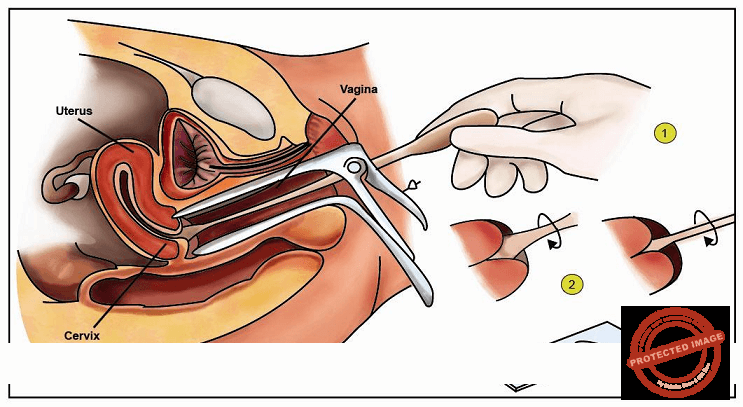A Pap smear, also known as a Pap test, is a crucial screening technique for detecting cervical cancer in females. This test involves collecting cells from the cervix, located at the narrow end of the uterus just above the vagina.
Early detection of cervical cancer through Pap smears significantly improves a patient’s chances of a successful cure. In this article, we will explore the current cost of Pap smears in Nigeria and highlight key details about the procedure.
Cost of Pap Smear Test in Nigeria
The cost of a Pap smear in Nigeria depends on several factors, including the location of the clinic or hospital, and the type of healthcare facility. Generally, Pap smears are affordable. On average, a complete Pap test ranges from N3,500 to N8,000. Private facilities tend to be slightly more expensive compared to federal institutions.
Understanding Pap Smears
Pap tests play a vital role in identifying abnormal cervical cells that could potentially lead to cervical cancer. These tests detect cell changes associated with HPV (Human Papillomavirus), although they do not directly identify HPV itself.
Regular Pap testing is strongly recommended as part of women’s routine health check-ups. During the test, a medical professional inserts a speculum into the vagina to access the cervix. A small sampler, like a spatula or brush, is then used to gently collect cells for examination. These cells are sent to a lab for testing.
The procedure is generally painless, although some individuals may experience mild discomfort or pressure when the speculum is inserted. Additionally, there may be a slight sensation of itching during cell collection.
After the Pap smear, patients can resume their daily activities without restrictions. The collected samples are processed based on the type of testing being conducted – either a liquid-based Pap test or a conventional Pap smear. The samples are then sent to a lab where they are examined under a microscope for any signs of cancer or precancerous conditions. Patients can inquire about the expected timeframe for receiving their test results.
How Often Should One Have a Pap Smear?
Medical practitioners typically recommend Pap testing every three years for women aged 21 to 65. Women over 30 may consider combining Pap testing with HPV testing and undergo screening every five years. However, individuals with specific risk factors, regardless of age, may require more frequent Pap smears. These risk factors include:
- A history of cervical cancer or previous detection of precancerous cells.
- Exposure to diethylstilbestrol (DES) before birth.
- HIV infection.
- Weakened immune system due to factors like organ transplant, chemotherapy, or prolonged corticosteroid use.
- History of smoking.
It is crucial for patients and healthcare providers to discuss individual risk factors and agree on the most appropriate screening schedule.
Interpreting Pap Smear Results
A Pap test result may be categorized as either normal or abnormal, indicating the presence or absence of cancerous cells in the cervix. An abnormal result does not confirm cancer but suggests the need for further testing. The healthcare provider may recommend more frequent Pap smears and possibly a colposcopy.
During a colposcopy, a special instrument with light and magnification is used to closely examine the cervix. A small biopsy may also be taken for additional testing. It is important to note that Pap smear results are approximately 80% accurate and not infallible.
Risks Associated With Pap Smears
While Pap smears are generally safe, there is a possibility of false-negative results. Factors contributing to this can include insufficient cell collection, a small number of abnormal cells, or the presence of blood or inflammatory cells obscuring abnormalities.
Although it is possible for abnormal cells to go undetected in a Pap smear, early detection remains crucial. Cervical cancer can progress rapidly, underscoring the importance of regular screening.
In conclusion
Pap smears are a vital tool in the early detection of cervical cancer. Their affordability and accessibility make them a crucial aspect of women’s healthcare in Nigeria. Remember, while Pap smears are highly effective, they are not foolproof, so regular screening and open communication with your healthcare provider are key to maintaining optimal cervical health.

